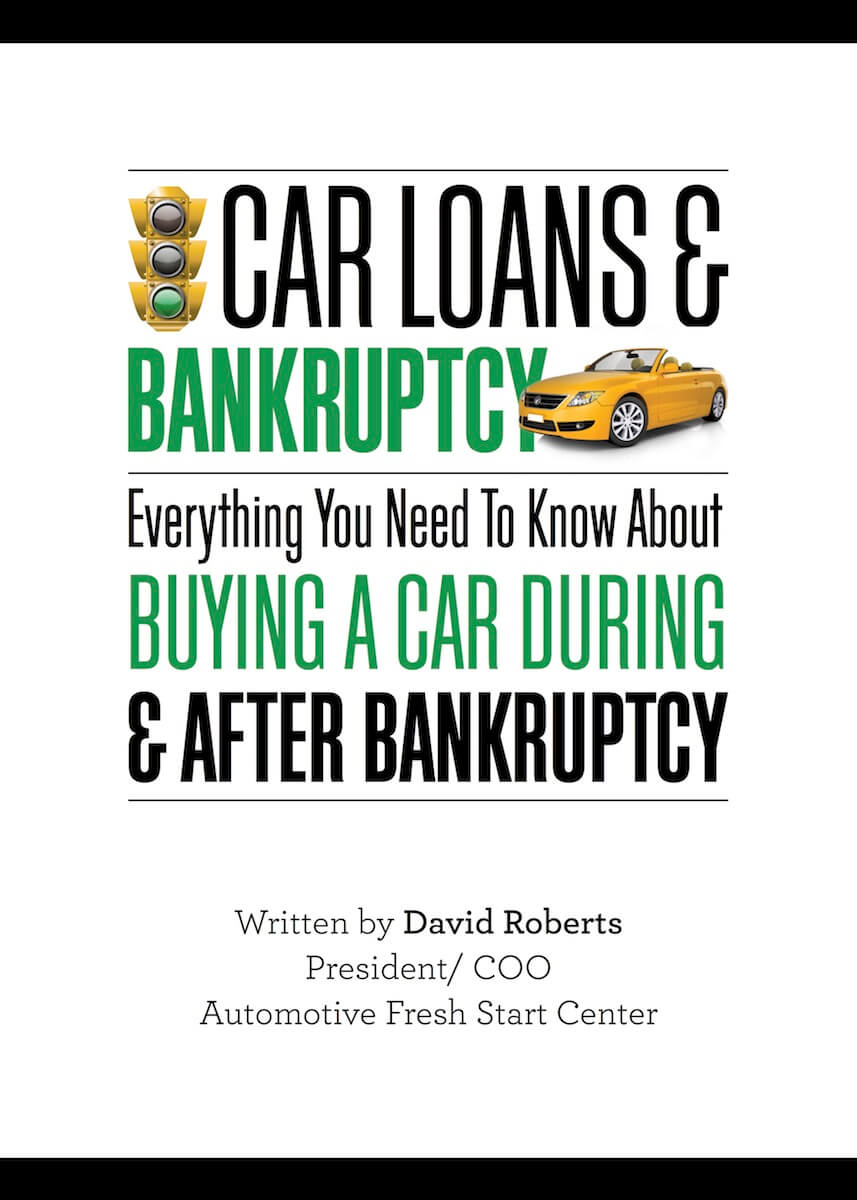The End of Stripping Second Mortgages in Jacksonville Bankruptcy
It was fun while it lasted. For the past two years, the 11th Circuit decision of McNeal v. GMAC Mortgage LLC (In re McNeal), 2012 WL 1649853 (11th Cir. May 11, 2012), allowed lien-stripping of a wholly unsecured lien or second mortgage in chapter 7. However, the as the saying goes, “The party is over . . . “
This week, however, the Supreme Court voided the ability to strip second mortgages in Chapter 7 cases. Now, Chapter 13 may be the only avenue to obtain relief from the second mortgage. This option is still attractive if the first mortgage is subject to modification. I have previously written about modification of Mortgages through Chapter 13 in Jacksonville, FL bankruptcy:
https://www.planlaw.com/modification-of-mortgages-in-chapter-13-in-jacksonville-fl/
If you feel that you may benefit from a loan modification or any type of mortgage relief, contact our office at 904.725.0822 or bkmickler@planlaw.com for a free consultation.
Bryan Mickler







